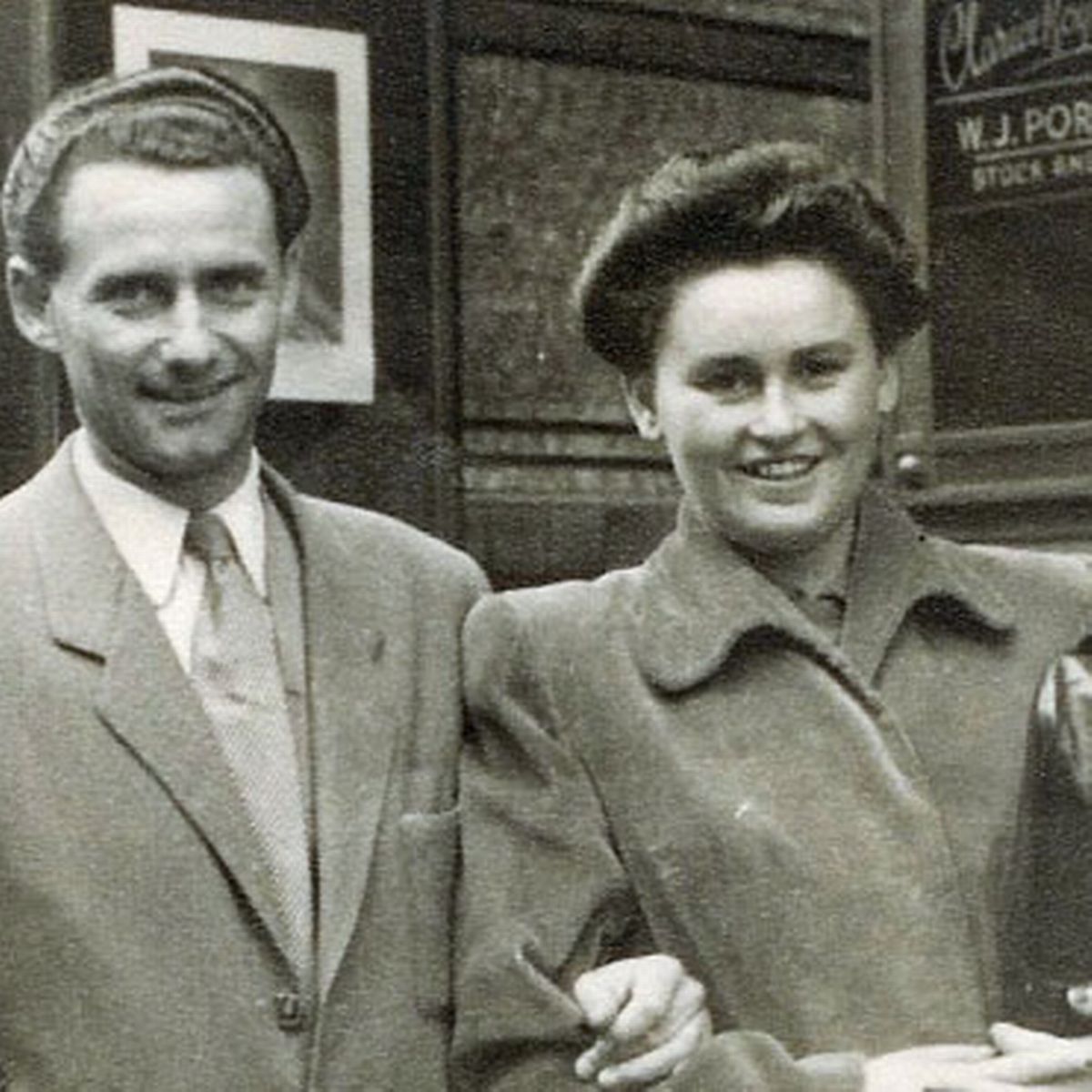 Heather Morris’ fictional account of life in the horror show that was Auschwitz is based on the true story of Lale Sokolov (nee Eisenberg) and Gita Fuhrmannova as told to her by Lale in his final years. While much of the story rings true, it is told in a way that does not disclose the furious rage with which the Germans treated their Jewish prisoners.
Heather Morris’ fictional account of life in the horror show that was Auschwitz is based on the true story of Lale Sokolov (nee Eisenberg) and Gita Fuhrmannova as told to her by Lale in his final years. While much of the story rings true, it is told in a way that does not disclose the furious rage with which the Germans treated their Jewish prisoners.

Gita and Lale were lucky to receive prison assignments that exempted them from the worst of the tortuous life led by most prisoners – he was the resident tattooist who inscribed prisoner numbers into their flesh while she was a clerk who accounted for prisoners that were received and gassed, as well as goods confiscated.
However, Morris’ telling of their story reads way too lightly . . . almost as if she is interested in positioning their love story as the important thing, not the horror of the camp. She is also way too lighthearted in her treatment of how Lale can get things like food and cigarettes from the outside.

Each of the moves she describes in which Lale gets food by trading jewelry stolen from the confiscated goods of prisoners would in real life have been punishable by immediate death. But here, for example, she recounts a time he was caught trading and ends the tale with an almost completely unbelievable story of his being mildly tortured and sent back to work.
Anyone even vaguely familiar with the story of the Holocaust will know that Auschwitz was the most terrible of the camps and will question the light touch that Morris gives puts to this tale.
I sure do.
Recent Comments